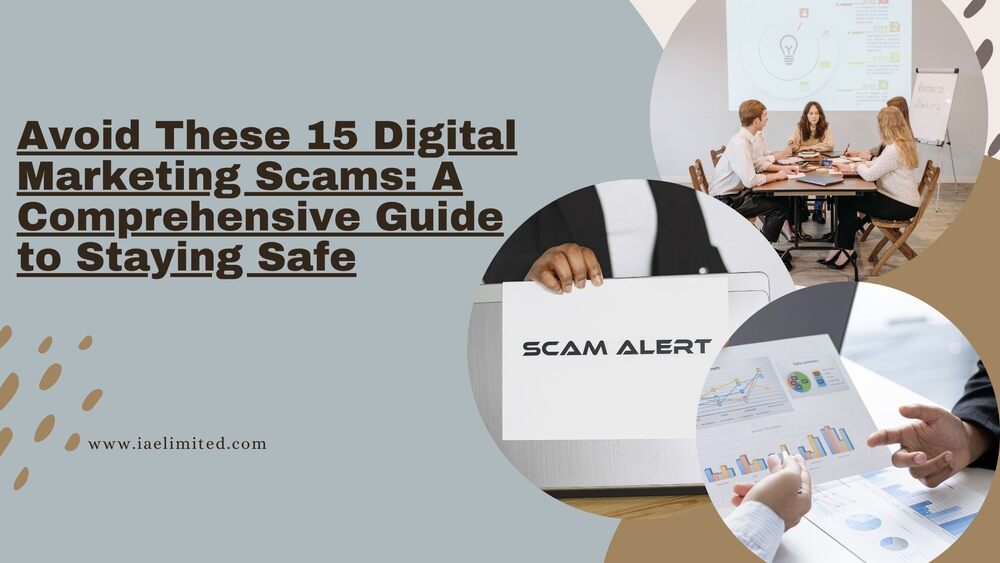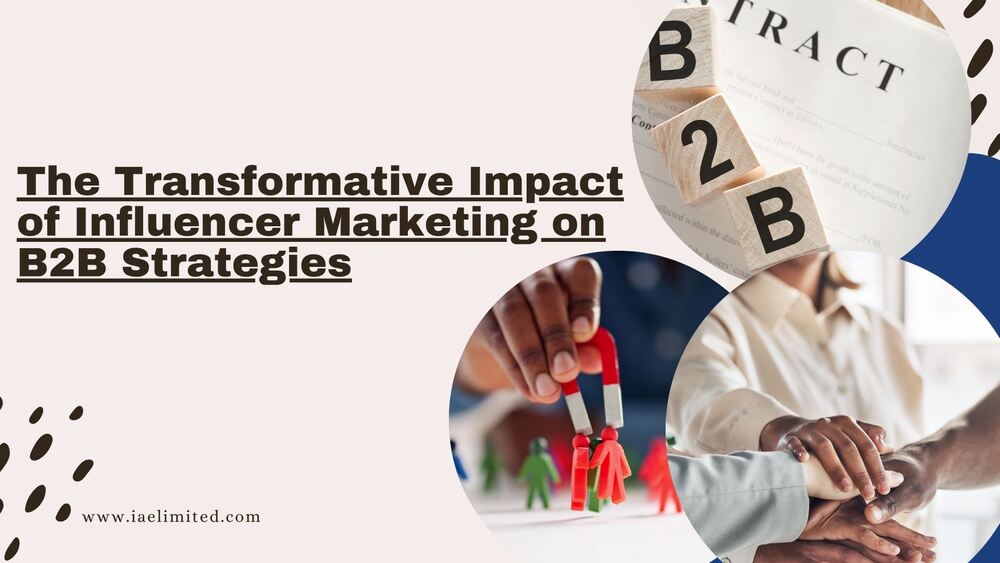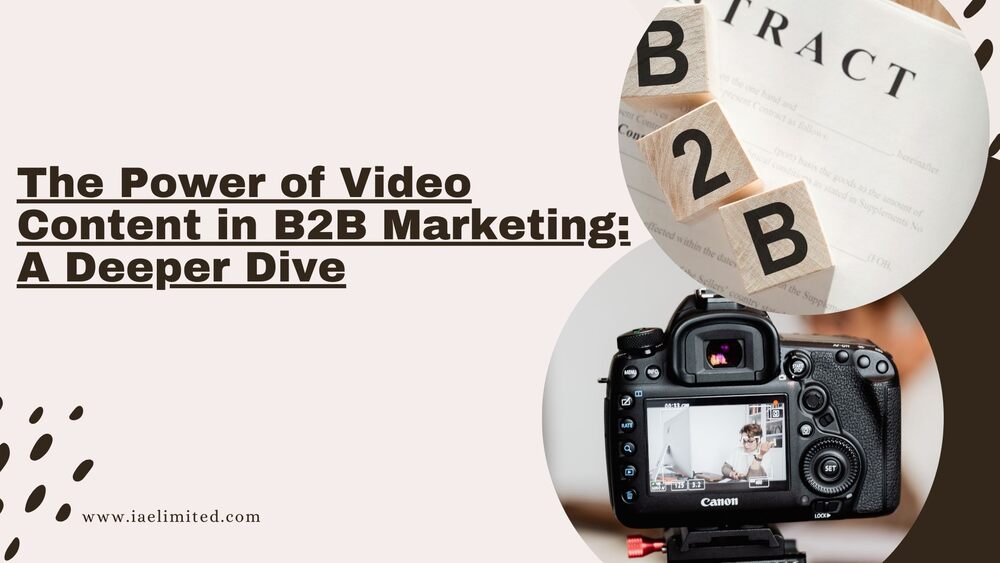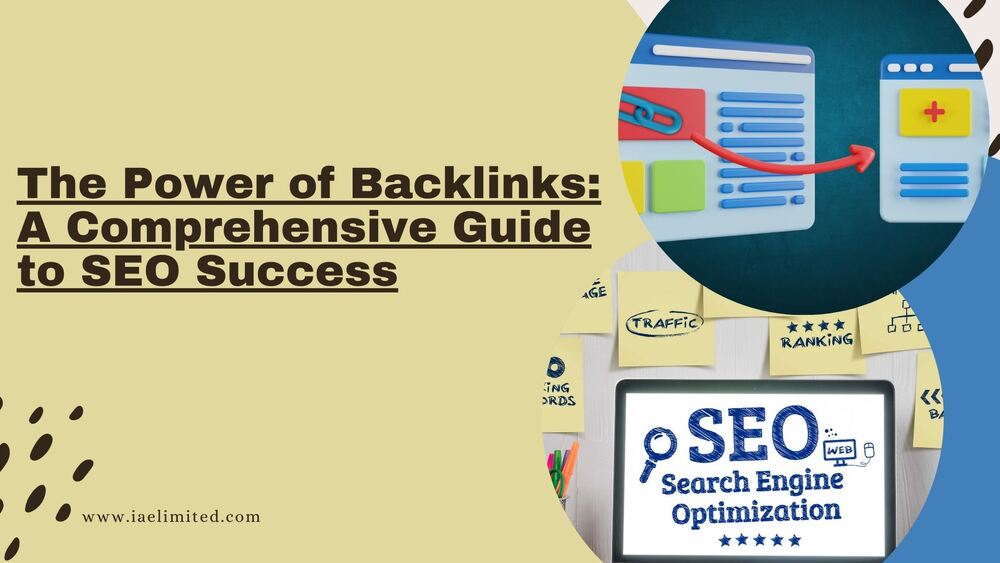Which Marketing Strategy Is the Best? Exploring Digital and Traditional Marketing

In the ever-evolving world of marketing, understanding the nuances between digital and traditional marketing is crucial for businesses aiming to optimize their strategies.
This comprehensive guide delves into the differences, advantages, and real-world applications of both marketing approaches, helping you make informed decisions for your business or career.
Introduction
Table of Contents
Marketing is essential for any business, but the methods to achieve marketing goals have evolved significantly. Traditional marketing and digital marketing represent two distinct paradigms, each with its unique set of tools, strategies, and outcomes.
This article explores these two approaches, highlighting their differences, advantages, and how you can leverage them effectively. You can as well look into the perfect chatgpt prompts for any use case to get creative, accurate, and engaging responses, from our publish article.
Understanding Traditional Marketing
What is Traditional Marketing?
Traditional marketing encompasses the conventional methods used to promote products and services before the advent of the internet. This includes print advertising (newspapers and magazines), broadcast media (television and radio), and outdoor advertising (billboards and transit ads). Traditional marketing methods are characterized by their broad reach and established reputation.
Advantages of Traditional Marketing
1. Established Reach and Trust: Traditional marketing has been around for decades, building trust and credibility with audiences. Print ads and TV commercials have a long history of successful brand building and consumer engagement.
2. Tangibility and Physical Presence: Physical ads like brochures and billboards provide a tangible presence that digital ads often lack. This tangibility can enhance brand recall and consumer trust.
3. Longevity and Impact: Traditional ads, especially those in magazines or on billboards, can have a long-lasting presence. This enduring visibility can lead to more significant brand recognition over time.
Understanding Digital Marketing
What is Digital Marketing?
Digital marketing refers to the use of digital channels and technologies to promote products and services. It includes strategies like search engine optimization (SEO), pay-per-click (PPC) advertising, content marketing, social media marketing, and email marketing. Digital marketing is characterized by its ability to target specific audiences and measure campaign effectiveness in real time.
Advantages of Digital Marketing
1. Targeted Reach and Personalization: Digital marketing allows for precise targeting based on user behavior, demographics, and interests. This personalization enhances the relevance of ads and improves conversion rates.
2. Real-Time Analytics and Adjustments: One of the most significant advantages of digital marketing is the ability to track and analyze campaign performance in real time. This data-driven approach enables marketers to make immediate adjustments for optimal results.
3. Cost Efficiency and Scalability: Digital marketing often requires a lower initial investment compared to traditional methods. Additionally, it offers scalability, allowing businesses to adjust their budgets based on performance and goals.
Comparing Digital Marketing and Traditional Marketing
Key Differences
1. Reach and Targeting: Traditional marketing often reaches a broad audience, while digital marketing allows for targeted campaigns aimed at specific groups. For example, a TV commercial may reach millions, but a Facebook ad can be tailored to reach only those interested in your product.
2. Cost and Budgeting: Traditional marketing can be expensive, with costs for production and distribution. Digital marketing offers more flexible budgeting options and often requires less upfront investment.
3. Measurement and Analytics: Digital marketing provides detailed metrics on campaign performance, including click-through rates, conversions, and ROI. Traditional marketing lacks this level of precision, often relying on estimates and broad metrics.
Cost Effectiveness
Digital Marketing Cost Analysis: Digital marketing campaigns can be highly cost-effective, particularly with strategies like SEO and content marketing that offer long-term benefits without recurring costs.
Traditional Marketing Cost Analysis: Traditional marketing can incur significant costs for production, placement, and distribution. However, it can be effective for building brand awareness in local or regional markets.
Digital Marketing vs Traditional Marketing Examples
Case Studies
Successful Digital Marketing Campaigns: Consider the viral success of Dollar Shave Club’s video marketing campaign, which utilized humor and digital channels to disrupt the shaving industry.
Successful Traditional Marketing Campaigns: Apple’s iconic “1984” Super Bowl commercial is a prime example of traditional marketing that created significant buzz and established a lasting brand image.
Real-World Applications
Digital Campaigns in E-Commerce: Online retailers like Amazon use targeted ads, SEO, and email marketing to drive sales and enhance customer engagement.
Traditional Campaigns in Retail: Brands like Coca-Cola rely on TV commercials and billboards to maintain a strong presence and drive brand loyalty.
Research and Resources
Difference Between Traditional Marketing and Modern Marketing
Evolution and Trends: Traditional marketing has evolved with the advent of modern techniques and digital tools. This evolution reflects changes in consumer behavior and technology.
Comparative Analysis: Understanding how modern marketing integrates with traditional methods can help businesses create more comprehensive strategies.
Digital Marketing vs Traditional Marketing PDF
For a deeper dive into the comparative aspects of digital and traditional marketing, download this comprehensive PDF resource that summarizes key differences and strategies.
Digital Marketing vs Traditional Marketing vs Online Marketing
Clarifying Terminology and Scope: While digital marketing includes online marketing, the term “online marketing” focuses specifically on strategies executed over the internet, such as web-based ads and social media campaigns.
Research Papers and Academic Insights
Traditional Marketing vs Digital Marketing Research Paper: Academic research provides insights into the effectiveness and evolution of both marketing approaches. Access research papers for detailed analysis and case studies.
Digital Marketing vs Traditional Marketing PPT: Presentation slides offer a visual comparison of digital and traditional marketing, highlighting key differences and examples.
Skill Requirements and Career Prospects
Skills Needed for Digital Marketing
Essential Skills for Success: Proficiency in SEO, data analysis, content creation, and social media management are critical for digital marketers. Continuous learning and adaptation are also essential.
Learning and Development: Online courses, certifications, and hands-on experience can help develop these skills and advance your career.
Digital Marketing as a Career
Job Roles and Responsibilities: Digital marketers can work in various roles, including SEO specialists, content strategists, and PPC managers. Each role requires a unique set of skills and responsibilities.
Salary Expectations and Growth Opportunities: Digital marketing offers competitive salaries and opportunities for career growth, with salaries varying based on experience, location, and specialization.
Learning and Adapting to Digital Marketing
How to Know If Digital Marketing Is Right for You
Assessing Interests and Skills: Evaluate your interest in technology, analytics, and creative content. Consider how these align with a career in digital marketing.
Evaluating Career Goals: Determine if digital marketing aligns with your long-term career goals and aspirations.
Self-Learning Digital Marketing
Can You Learn Digital Marketing on Your Own? Yes, many resources are available online for self-learning. Platforms like Coursera and Udemy offer courses to help you get started.
Recommended Resources and Courses: Explore reputable courses and certifications from institutions like Google and HubSpot to build your skills. Check out Coursera.org for courses on digital marketing.
Learning Timeframes and Feasibility: While some may learn digital marketing in a few months, proficiency typically requires ongoing practice and experience.
Technical Skills and Knowledge
Coding and Programming Requirements: Basic coding skills can be beneficial, but most digital marketing roles do not require extensive programming knowledge.
Language and Mathematics in Digital Marketing: Understanding data and metrics is important, but advanced mathematics is generally not required. Familiarity with data analysis tools is more critical.
Frequently Asked Questions
1. What is the difference between digital marketing and traditional marketing? Digital marketing leverages online platforms and technologies, while traditional marketing relies on offline methods like print and broadcast media.
2. Is digital marketing more cost-effective than traditional marketing? Generally, digital marketing is more cost-effective due to lower initial costs and the ability to measure and optimize campaigns in real time.
3. Can I learn digital marketing in one month? While foundational knowledge can be acquired in a month, achieving proficiency typically requires more time and hands-on experience.
4. Do I need coding skills for digital marketing? Basic coding skills can be useful but are not mandatory for most digital marketing roles.
5. What skills are required for a career in digital marketing? Essential skills include SEO, content creation, social media management, and data analysis.
6. How do beginners start learning digital marketing? Beginners should start with online courses, certifications, and practical experience through internships or projects.
7. What is the salary of a digital marketer? Salaries vary by role, experience, and location, but digital marketing generally offers competitive compensation.
8. Is digital marketing an IT job? While it involves technology, digital marketing is not strictly an IT job; it focuses on using digital tools for marketing purposes.
9. Which field is best in digital marketing? Fields like SEO, content marketing, and social media management are popular, with each offering unique opportunities and challenges.
10. Does digital marketing require mathematics? Basic data analysis skills are useful, but advanced mathematics is not typically required.
11. How do I know if digital marketing is the right field for me? Assess your interests in technology, creativity, and data analysis to determine if digital marketing aligns with your strengths and career goals.
12. What is the best way to learn digital marketing? Combining online courses, practical experience, and industry certifications is an effective approach to learning digital marketing.
In Conclusion
In conclusion, both digital and traditional marketing have their merits and are suited to different business needs and goals. Digital marketing offers targeted reach, cost efficiency, and real-time analytics, while traditional marketing provides established trust and a tangible presence.

By understanding these differences, you can create a balanced marketing strategy that leverages the strengths of both approaches to achieve optimal results for your business or career.





